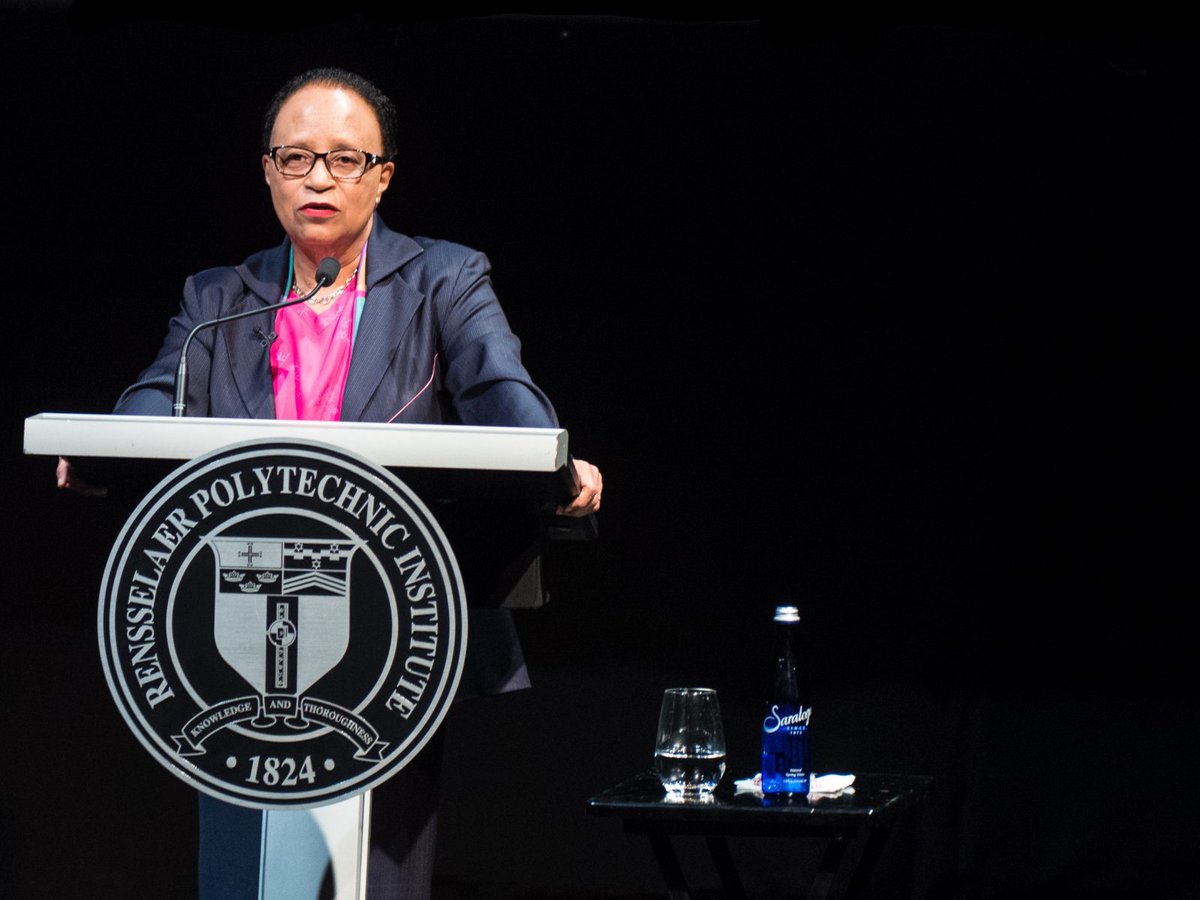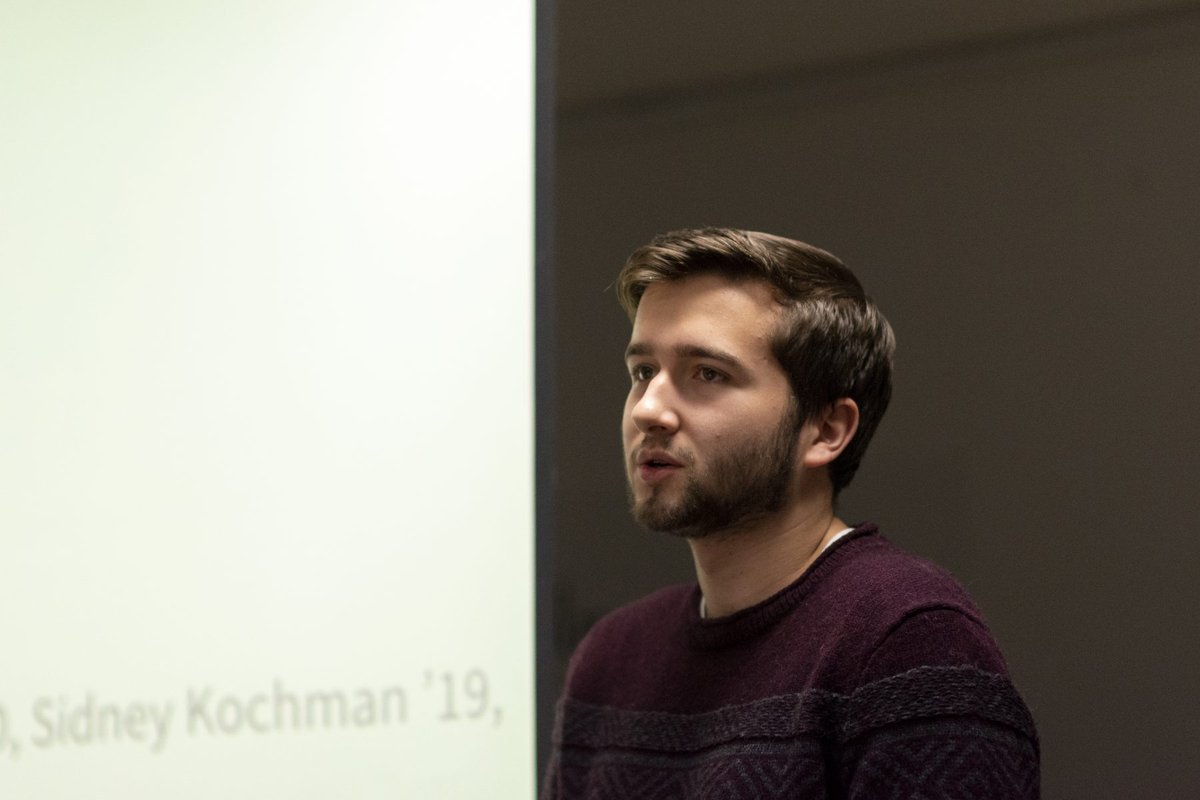Alumnus: ‘I want to fix RPI’
This weekend, Renew Rensselaer—a collective of alumni led by former President of the Union Bill Criss ’69, Ted Mirczak ’66, Peter Vanderzee ’70, and John Krob ’78—launched renewrensselaer.org, a website that outlines perceived issues with Rensselaer and a platform geared toward fixing them.
“We have been working behind the scenes for about two years now, trying to affect some changes within the family, so to speak. It was was with great reluctance that we decided to go public,” shared Criss.
“We did not want to negatively affect the Institute,” stressed Vanderzee. “We don’t want to surprise people. We want to go forward with a deliberate and logical fashion, tell them what we’re gonna do, and then we do it. It was only after the last meeting with the trustees in New York City and follow-up letters—where we suggested what we thought were painless approaches to better governances—and getting no response, that we decided to, reluctantly, go public.”
Criss expressed that their group “represents a cross section.” He elaborated, “John’s an expert on finance and bank ratings, and has worked for decades on campus with the Greek system. Pete is an entrepreneur, heavily involved with industry. My claim to fame is with the Union, as is [former Grand Marshal and core team member] Julia [Leusner]’s. Ted actually worked with the administration, [and] extended his tenure at Shirley [Ann Jackson]’s request. So, we kind of bring a composite perspective on this thing.”
A section of their website, referred to as “The Untold Story,” outlines all of their research into Rensselaer’s finances, academic statistics, and governance. It addresses a variety of their concerns, including the decline in alumni donations, the comparatively low endowment size, a decline in enrollment yields, and the “culture of fear” on campus.
Their website also includes a 10-point platform directed at the Board of Trustees, which includes enabling “periodic nominations for, and elections of, at least two Board members by means of an open process conducted by the Rensselaer Alumni Association.”
The inspiration for this came largely from Krob’s knowledge of his wife’s alma mater, Dartmouth College. “Their alumni association is really strong, and they elect a third of their trustees.”
Krob brought this idea up with former RAA presidents, but “one of them took it to Dr. Jackson and was immediately turned down,” while another “took it to the trustee liaison, and it didn’t get any traction there either.”
He continued, “I felt this would be a great way to stoke enthusiasm for the school and get alumni engaged. But, people don’t see it that way. And when we recommended it to [the Chairman of the Rensselaer Polytechnic Institute Board of Trustees] Arthur Golden, leading into our meeting this past April, he shot it down immediately.”
Vanderzee, expanding on the purpose behind their website launch, shared, “None of us really have anything to gain by doing this. I think that’s an important point. We’re essentially all done with our careers by now. We treasure the education that we got. It really was good, and it really set us apart through our careers. But when you get to be our age, you start looking, your kids have grown up, you’re starting to have grandchildren. I’m gonna have my oldest grandchild in college next year. You know, we want RPI, as it enters its third century, to go back to the roots that it had, the greatness that it had, when we were there.”
When Krob told his wife about these issues 15 months ago, she asked him what he wanted to do. “I want to fix RPI,” he responded.
“I think there’s value to the Rensselaer degree,” expressed Mirczak. “If students graduate and the place goes in the tank, what does that say? There’s a stake in it for every single student that’s there right now.”
Before launching the website, Criss sent a letter to Golden informing him of the launch and encouraging him to “get engaged,” “read it and pass this along to all the trustees,” and also to bring any inaccuracies or misjudgments to their attention.
“We haven’t heard a peep from them. I think it’s clear as clear as can be that we stand by what we publish on that website. It’s the result of many, many, many hours of work that all of us did. We’re not about to turn tail and run just because the administration puts out a five-page response to Times Union and the Troy Record that we don’t know what we’re doing in terms of interpreting data. I think we take a little bit of offense at that statement. We’re a little better than they want to believe,” elaborated Vanderzee.
The aforementioned five-page response can be found at poly.rpi.edu/s/rpiresponse.

 Town Meeting
Town Meeting
 Town Meeting
Town Meeting
 Student Senate
Student Senate